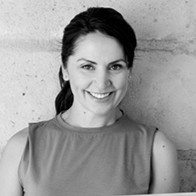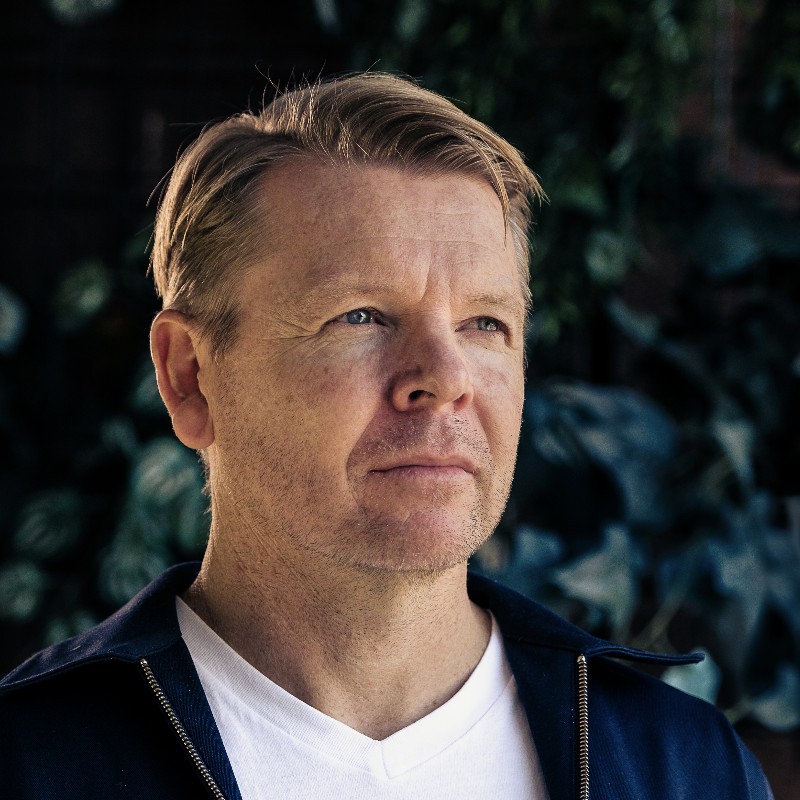Key Takeaways
- Focus on the things you can control, or micros, in your job search, rather than the unpredictable factors of the broader market, or macros.
- To maximise your chances of getting a job, cultivate and maintain your professional network by keeping them informed about your recent achievements and career goals.
- Increase your preparedness for unexpected job opportunities by ensuring your professional digital footprint is curated and your resume and portfolio are always up to date.
When I’m helping people with their career comms, I often get asked if there’s a good time to look for a job. People want to know how they can optimise their chances of getting a job by applying at the most ideal time… it makes sense.
The Australian job market is like any market though, it doesn’t matter if it's the stock market or your local farmer’s market—there is predictability to a point, and the rest is about maximising what you can control.
I like to break it up into the macros and micros—the macros are the external-to-you things, the big, sometimes global impacts, shifting and shaping the job market. These are things such as the global and local political climate, how well the economy is doing, the overall age of the population, and even changes in industry regulations or the demand for certain goods and services.
And the micros are those smaller, closer to home things you can control. The micro-levers are the levers you want to focus on pulling. Trying to control the macros will have you feeling glum and burnt out… Can you imagine needing to shift the economic stability of a country while also applying for jobs? Personally, that’s a no for me.
So what are the micros? What’s in our control, and how can we leverage these things to optimise our chances of getting a job?
There are three micros I want to focus on:
- Your network and what they know about you,
- Your job seeker digital footprint and,
- Your at-short-notice preparedness.
What micros to focus on for job hunting
1. Your network and what they know about you:
When you first start perusing the job market, right at the very beginning of your journey, let a few trusted folks know. Reach out to your favourite recruiters and give them the nod. Even better (and highly recommended), let your close-tie network, including your go-to recruiters, know what you’ve recently been up to. Share top achievements, results and wins, and let them know what you're looking for.
Don’t sleep on this step thinking it’s better to talk to people and reinvigorate your network once you’ve been looking for a few months. It’s not better. Start networking early on. The key to maximising your networks, to rebuilding and strengthening your connections, is time. Good things take time. And if you wait, you’ll feel like you don’t have time to build authentic and valuable relationships.
You can control the types of relationships you build by getting in early and spending the time. These relationships make finding your next role easier. It’s true what they say—it really is about who you know, and what they know about you.
2. Your job seeker digital footprint:
Your LinkedIn, yes. Also, your portfolio site, your Git, your Facebook status updates from 2011, the review you left on that gaming site… and anything you’ve ever been tagged in. We’re all old enough now to know that most things (read: everything) online make up our digital footprint. Have you ever thought about what parts of this digital footprint make up your job seeker digital footprint? I’ll give you a hint: all of it.
I’m not saying this to sass you—I’m saying this because not only is it helpful to remember… your digital footprint is also within your control. When you feel like you’re ready to start updating your resume, spend some time checking in on your social media privacy settings and looking back at what you’ve been tagged in. Curate what people can see about you online, both officially and unofficially. Put yourself in a hiring manager's shoes, and try to see what they see. Do you like it? Would you hire yourself? This is also a good prompt to update your portfolio and LinkedIn if you’ve let them slip.
3. Your at-short-notice preparedness:
The job market shifts and changes, and it can unexpectedly throw us a bone… or take one away. If someone were to reach out to you, to chat about a potential role (even if you hadn’t officially started looking), would you be ready at short notice? What if there are changes in your workplace and you’re thrust into the job hunt sooner than you’d planned—would you be ready?
I’ve quoted her before, and I’ll do it again, in the wise words of the late Chi Chi Devayne, I don’t get ready, I stay ready!
“Staying ready, I believe, is one of the oldest and least talked-about tricks in the book.”
Keep an evergreen copy of your resume. Keep it up-to-date, not only with certifications but with achievements, awards, and notes about when you felt proud of your work. This not only helps because you need an updated resume to apply for a job, but it also keeps your achievements, responsibilities, and examples of how you work top of mind. When things are top of mind, they’re easier to talk about. So helpful for at-short-notice chats about your career.
Just finished a project? Celebrate by updating your portfolio. Right then and there.
As much as you can—keep your job search collateral up-to-date. There’s no harm in reviewing it quarterly, or when you do your taxes. At least then, you stay ready.
“These micros, the things you can control, they’re what help you create a good time to look for a job because you can’t rely on the job market. Create your own luck!”
If you’d like some further support or a bit of a boost in creating your own luck, I offer comms for career services in the form of career coaching and job search collateral reviews. I’m always happy to connect via LinkedIn. Drop by and introduce yourself.
Latest.

Hiring in Australia: 5 trends redefining our job market
Hiring Insights, Industry Trends, Ask Aquent, Leadership

How to avoid creative burnout and refill your creative tank (before you really need to)
Thought Leadership

AI adoption failing isn’t the tech, it’s the people. How smart businesses overcome this.
Technology, Thought Leadership, Industry Trends







